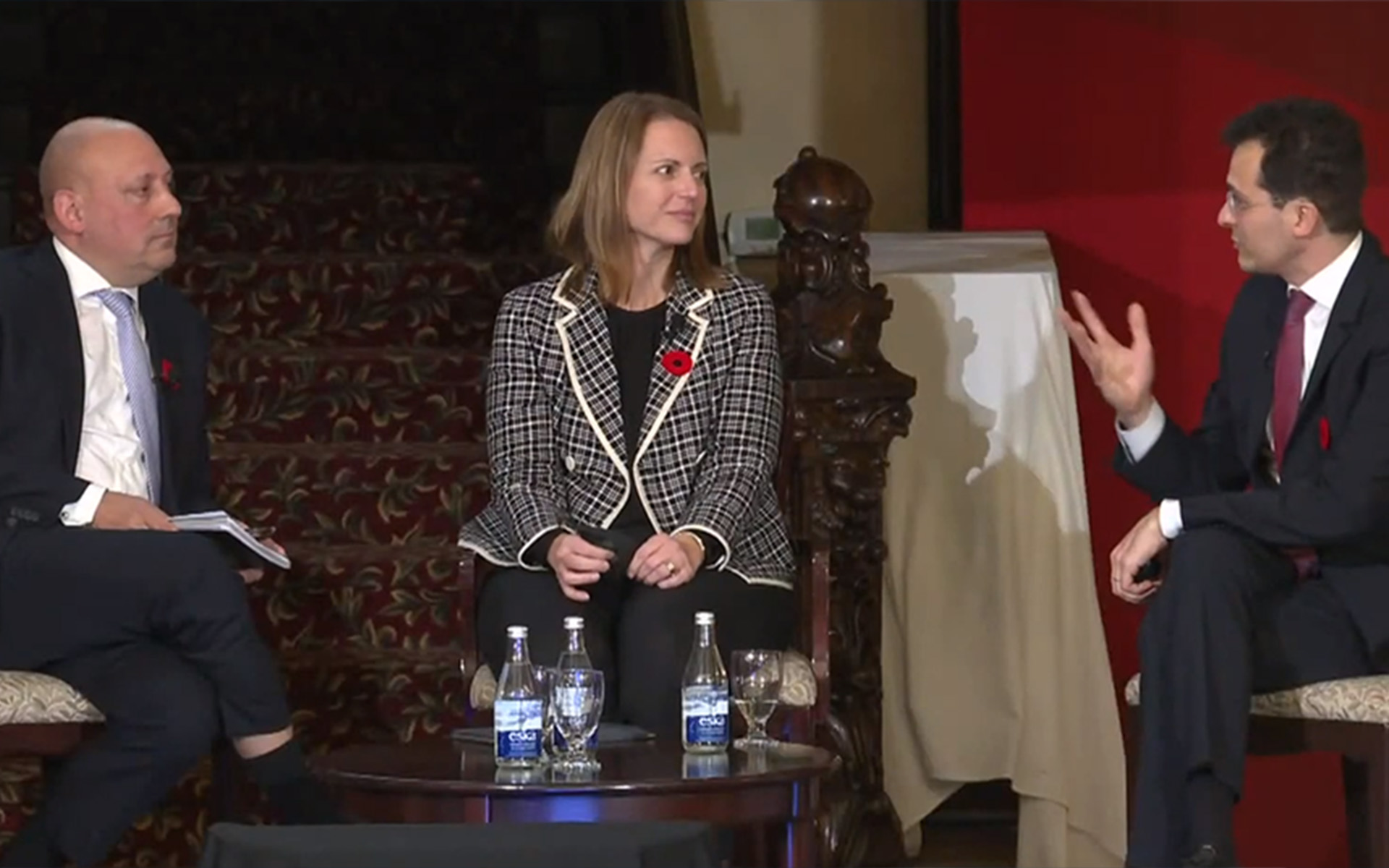Subscribe:
Taha Havakhor is a Professor of Information Systems at McGill University’s Desautels Faculty of Management. In a recent study, he looked at how retail investors used data from a financial API – that’s an Application Programming Interface – to inform their investment decisions. He found that, when using stock pricing data pulled from an API, consumer investors were prone to making riskier investment choices.
Havakhor’s findings echo the words of the poet Alexander Pope: “a little learning is a dangerous thing.” In this case, a little data is a dangerous thing.
“We are fast going into an era where every day we have a new product,” said Havakhor on the McGill Delve Podcast. “Yes, there are benefits to them. But there are also downsides and risks to them.”
Financial APIs allow tech-savvy retail investors to request data from financial databases like Yahoo! Finance, Morningstar, among others. With a single line of code, they can access historical and live pricing trends of specific stocks, conveniently exported to a CSV or excel file, which they can then use to inform their investment decisions.
One of the risks associated with these easily accessible datasets is the potential for misuse. Normally, this kind of data would be reserved for the professionals on Wall Street. But APIs level the playing field, allowing Main Street investors to use similar tools. The difference, however, is that retail investors often lack the expertise to use the data effectively.
Illusions of Control
In 2017, Yahoo! Finance offered one of the most popular financial APIs among consumer investors, in part because it was free to use and allowed access to detailed historical price data for their preferred stocks. Inexplicably, it shut down temporarily in the spring of that year, creating the ideal experimental conditions for Havakhor and his co-authors. They could now analyse investor behaviour before and after the shutdown.
What they found was striking. Without access to the API, consumer investors reduced the amount they traded by as much as ten percent – a monumental number, from a statistical standpoint.
“This gives us a window into how much people were relying on the API,” said Havakhor. Without access, retail investors felt less comfortable trading at the same frequency they were used to.
The absence of data from Yahoo!’s API also led to higher-performing trades overall, said Havakhor.
For Havakhor, this speaks to a skills gap between Wall Street and Main Street investors. The pros can interpret API data more effectively than the average retail investor, pulling on years of experience, connections, and industry knowledge to make their investment decisions. They don’t rely solely on historical pricing data.
“In financial markets, the more knowledge and expertise you have, the better you can make a decision,” said Havakhor. In the absence of this expertise, investing takes on gambling-like qualities.
Retail investors who use APIs feel like they have more control over their investment. This encourages them to discount potential risks when making trades. It also gives them the illusion that they can predict the outcome of their trade.
“It’s gambling-like behaviour,” said Havakhor. “There’s the element of risk and there’s the element of discounting the risk.”
To mitigate this risk, Havakhor encourages retail investors to acknowledge the limits of their expertise. He also recommends looking at other information sources, like annual reports, to help make better investment decisions.
Havakhor expands on these points on the McGill Delve podcast. Listen to it on our website or search “McGill Delve” wherever you download podcasts.
Read Professor Havakhor’s study in Management Science.
This article is written by Eric Dicaire.
McGill Delve is the official thought leadership platform of McGill University’s Desautels Faculty of Management. Subscribe to the McGill Delve podcast on all major podcast platforms, including Apple podcasts and Spotify, and follow Delve on LinkedIn, Facebook, Twitter, Instagram, and YouTube.














